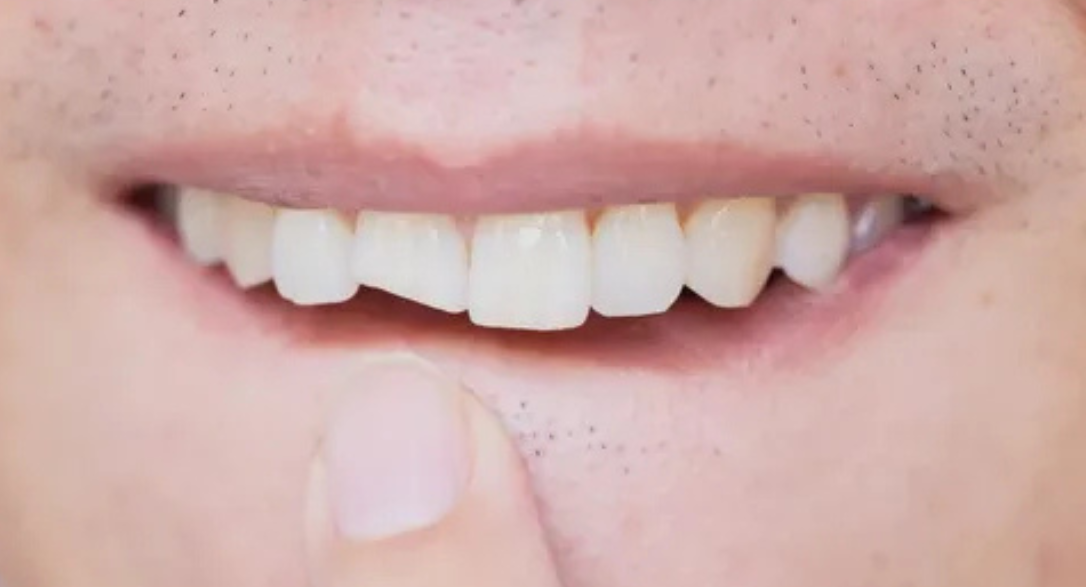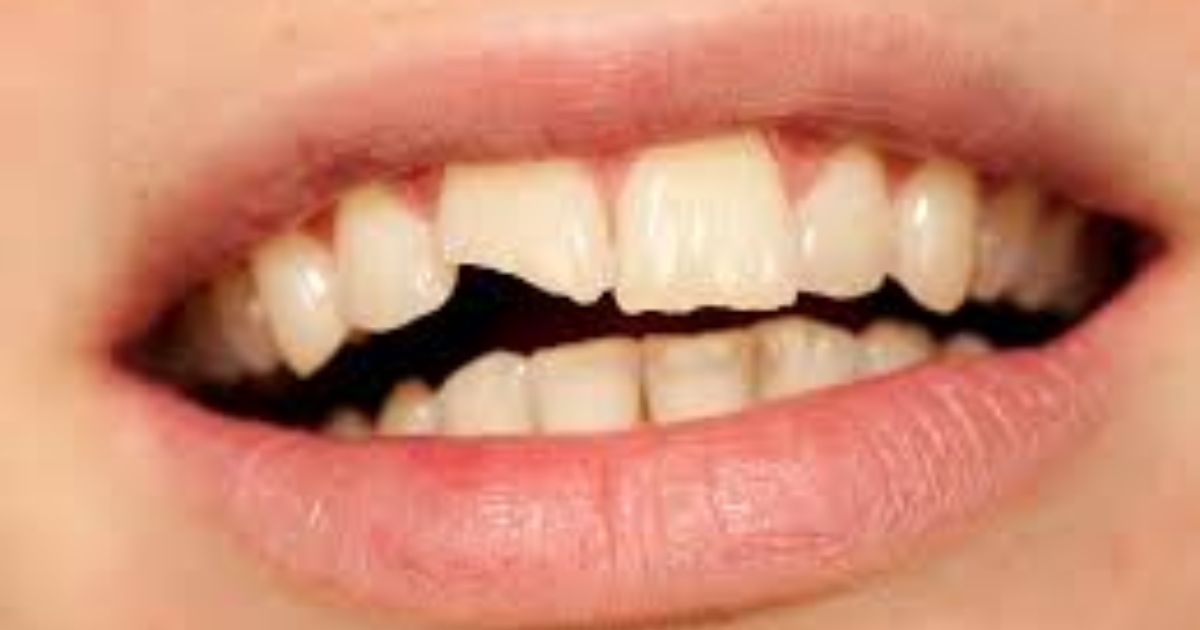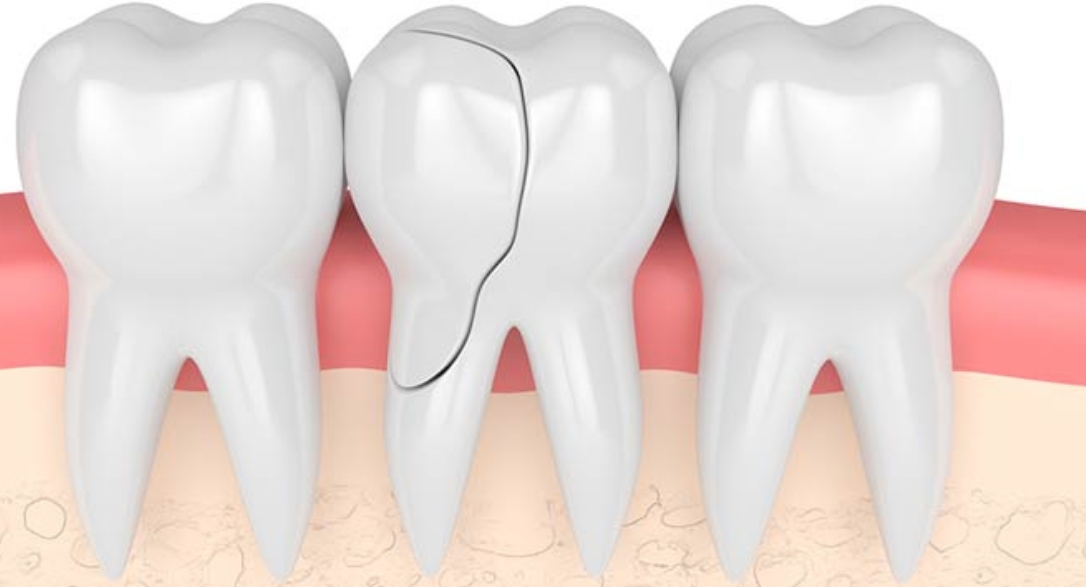Call Us Today 817-737-7668

A cracked tooth can turn a normal day into a stressful experience. Whether it happens during a meal, after a sports mishap, or just out of nowhere, the discomfort and worry can feel overwhelming.
What should you do next? How serious is it?
While it might seem alarming at first, understanding the steps to take for immediate care and long-term repair can help you stay calm and protect your oral health.
In this guide, we’ll explore everything you need to know about managing a cracked tooth, from identifying the signs to finding the best treatment options. You’ll discover practical tips for what to do immediately after the crack happens and learn how modern dental care can repair and restore your tooth effectively.
Whether you’ve just experienced a crack or you’re curious about prevention, this blog will empower you with the knowledge to make informed decisions about your care. Let’s dive in and get your smile back on track!
Recognizing the Signs of a Cracked Tooth
A cracked tooth often starts with subtle symptoms that are easy to ignore. However, these early signs can escalate quickly if left untreated. Recognizing the problem early can save your tooth and prevent unnecessary pain. What are the tell-tale signs? Let’s explore.
- Pain while chewing or biting: A sharp, localized pain when you apply pressure on a specific tooth could indicate a crack.
- Sensitivity to temperature: Hot or cold drinks causing sudden discomfort may point to a compromised tooth structure.
- Intermittent pain: Unlike constant toothaches, cracked teeth may cause pain that comes and goes.
- Visible cracks or chips: Small fractures on the tooth’s surface, though sometimes hard to spot, are a clear indicator.
- Swollen gums near the affected tooth: This may occur if the crack has led to an infection.
Identifying these signs early ensures you receive timely treatment. Severe cracks left untreated can worsen, potentially leading to infections or tooth loss. Always consult an endodontist at the first sign of trouble to protect your oral health.
Immediate Steps to Take When You Crack a Tooth
Cracking a tooth can feel like a dental emergency, but quick and effective action can make a significant difference. Knowing what to do immediately helps minimize pain and prevents further damage. Here are the steps to take.
- Rinse your mouth: Use warm water to clean the area and remove debris that could irritate the cracked tooth.
- Protect the tooth: Cover sharp edges with dental wax or sugar-free gum to avoid injuring your tongue or cheeks.
- Avoid chewing on the affected side: Stick to soft foods and avoid biting down hard to prevent worsening the crack.
- Manage pain and swelling: Over-the-counter pain relievers and a cold compress can help reduce discomfort.
- Schedule a same-day visit: An urgent appointment with an endodontist is essential to evaluate the crack and begin treatment promptly.
If you’re facing a dental emergency in frisco, seeking immediate care ensures the best outcome and minimizes the risk of further complications.
Treatment Options for a Cracked Tooth: Short-Term and Long-Term
Treating a cracked tooth requires a tailored approach based on the severity of the damage. Short-term solutions often stabilize the tooth, while long-term treatments restore its function and appearance. Here’s what to expect.
Short-Term Fixes:
- Temporary fillings: These seal the crack temporarily, preventing debris from entering the damaged area.
- Bonding: A tooth-colored resin is applied to fix minor cracks and improve the tooth’s appearance.
- Splinting: If the crack affects multiple teeth, a stabilizing splint may be used to hold them together.
Long-Term Treatments:
- Crowns: These cover and protect teeth with deeper cracks, restoring strength and function.
- Root canal therapy: For cracks that reach the pulp, this treatment removes infection and preserves the natural tooth.
- Dental implants: Severe cracks that result in tooth loss can be replaced with implants to restore the smile.
How to Prevent Cracked Teeth in the Future?
Prevention is key to avoiding the pain and inconvenience of a cracked tooth. Simple lifestyle changes and oral care habits can significantly reduce your risk. Consider these tips to keep your teeth safe.
- Use a mouthguard: Protect your teeth during sports or if you grind your teeth while sleeping.
- Avoid chewing hard objects: Stay away from ice, hard candies, and non-food items like pens.
- Treat bruxism promptly: Grinding and clenching put unnecessary stress on teeth, leading to cracks.
- Address alignment issues: Misaligned teeth can distribute biting forces unevenly, increasing the risk of cracks.
- Strengthen enamel: Use fluoride toothpaste and maintain a balanced diet rich in calcium to keep your teeth strong.
The Importance of Long-Term Monitoring for Cracked Teeth
Cracked teeth require ongoing care, even after treatment. Regular monitoring ensures the repair remains effective and prevents further complications. Here’s why follow-ups are essential.
- Early detection of issues: Post-treatment cracks may spread or deepen, so regular check-ups are crucial.
- Preventing infections: Monitoring ensures no bacteria enter the repaired area, reducing the risk of reinfection.
- Maintaining tooth stability: Follow-ups help assess the success of crowns, fillings, or root canals over time.
Choosing the Right Endodontist for Cracked Tooth Care
For those dealing with a dental emergency , finding a skilled endodontist with experience in urgent care is essential for swift and effective treatment. Finding a skilled professional is vital for effective cracked tooth treatment. An experienced endodontist offers precise care and ensures the best outcomes. Here’s how to choose the right one.
- Check credentials: Look for qualifications and certifications in endodontics.
- Read reviews: Patient testimonials and ratings provide insight into the quality of care.
- Schedule a consultation: Meet the endodontist to discuss your case and understand their approach.
- Consider technology: Advanced tools and techniques enhance treatment precision and comfort.
- Prioritize personalized care: Choose someone who listens to your concerns and creates a tailored treatment plan.
Cracked teeth can feel overwhelming, but with the right steps and professional care, recovery is within reach. Addressing the issue promptly preserves your smile and prevents complications. Don’t let a cracked tooth disrupt your life—take action today and ensure your oral health remains strong. Remember, prevention and consistent care are key to avoiding future dental mishaps. With guidance from a trusted endodontist, you’re just a step away from restoring your confidence and long-term dental health.





